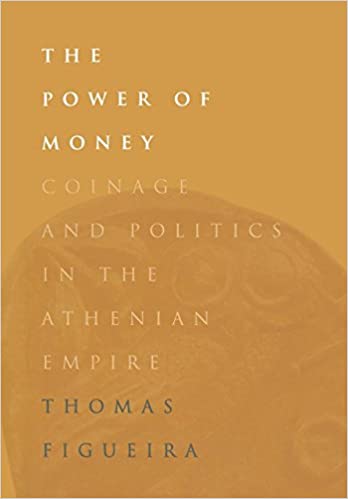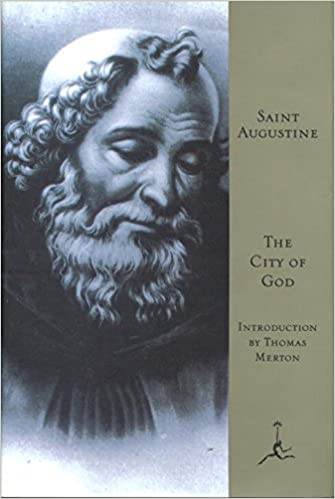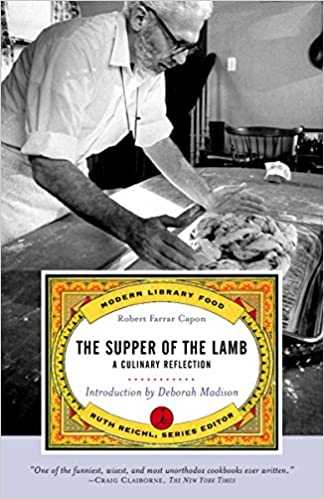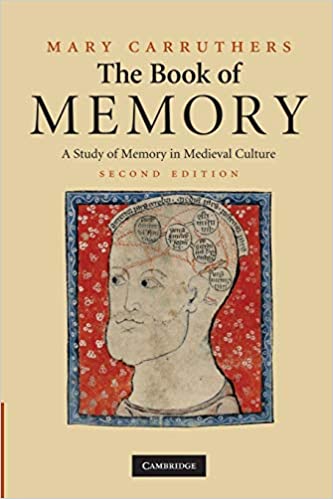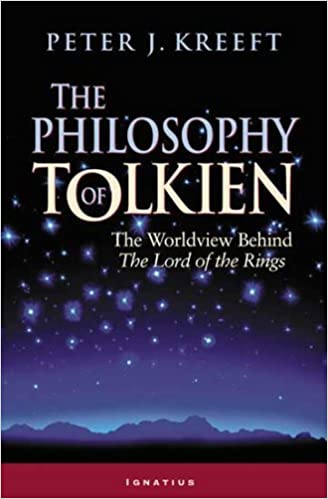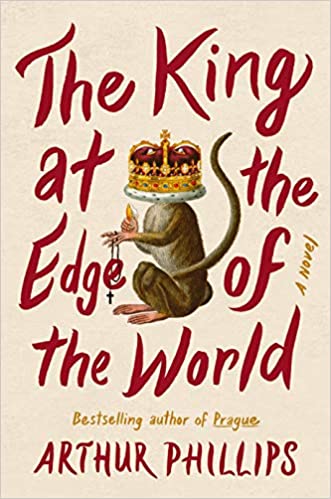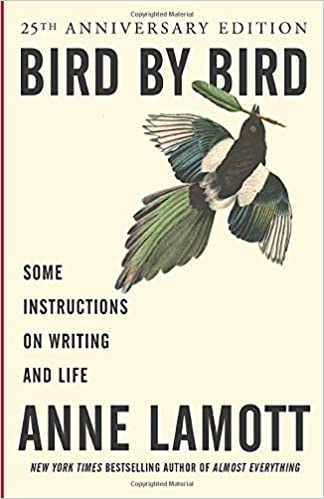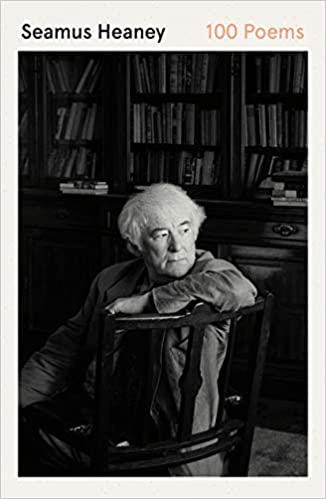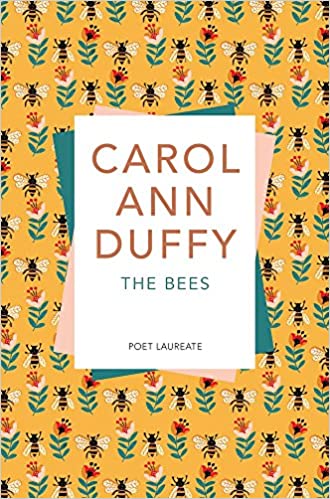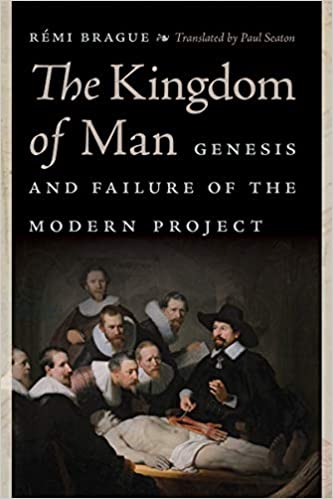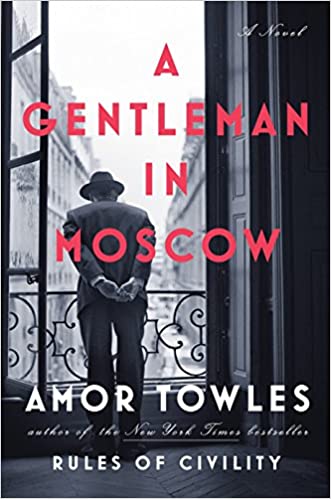The Power of Money: Coinage and Politics in the Athenian Empire
Was Athens an imperialistic state, deserving all the reputation for exploitation that adjective can imply, or was the Athenian alliance, even at its most unequal, still characterized by a convergence of interests?
The Power of Money explores monetary and metrological policy at Athens as a way of discerning the character of Athenian hegemony in midfifth-century Greece. It begins with the Athenian Coinage Decree, which, after decades of scholarly attention, still presents unresolved questions for Greek historians about content, intent, date, and effect. Was the Decree an act of commercial imperialism or simply the codification of what was already current practice?
Figueira interprets the Decree as one in a series concerned with financial matters affecting the Athenian city-state and emerging from the way the collection of tribute functioned in the alliance that we call the Athenian empire. He contends that the Decree served primarily to legislate the status quo ante.
More info →City of God (Modern Library version)
First published in the first part of the 5th century A.D., “The City of God” is Saint Augustine’s highly influential work of Christian philosophy. This expansive theological work provided an articulate defense of Christianity against the claims that it lead to the downfall of Rome in the years preceding its publication. It outlines a citizenship that goes beyond the worldly, the political, and the self-centered, instead focusing on a place where the inhabitants are devout, God-focused, and seeking grace. In examining history with a clear perception of good and evil, Augustine was in effect interpreting human actions in relation to eternity. He contrasts earthly and heavenly cities to great effect, in addition to inspecting pagan religions, Greek philosophers like Plato, and the Bible. A monumental influence upon Augustine’s contemporaries, “The City of God” is considered a foundational work of Christianity philosophy, which would establish Augustine of Hippo as one of the most important fathers of the Catholic Church, and continues to resonate with the Christian faith until this day.
More info →The Book of Memory: A Study of Memory in Medieval Culture
Mary Carruthers’s classic study of the training and uses of memory for a variety of purposes in European cultures during the Middle Ages has fundamentally changed the way scholars understand medieval culture. This fully revised and updated second edition considers afresh all the material and conclusions of the first. While responding to new directions in research inspired by the original, this new edition devotes much more attention to the role of trained memory in composition, whether of literature, music, architecture, or manuscript books. The new edition will reignite the debate on memory in medieval studies and, like the first, will be essential reading for scholars of history, music, the arts and literature, as well as those interested in issues of orality and literacy (anthropology), in the working and design of memory (both neuropsychology and artificial memory), and in the disciplines of meditation (religion).
More info →The Philosophy of Tolkien: The Worldview Behind The Lord of the Rings
While nothing can equal or replace the adventure in reading Tolkien’s masterwork, The Lord of the Rings, Peter Kreeft says that the journey into its underlying philosophy can be another exhilarating adventure.
Thus, Kreeft takes the reader on a voyage of discovery into the philosophical bones of Middle earth. He organizes the philosophical themes in The Lord of the Rings into 50 categories, accompanied by over 1,000 references to the text of Lord.Since many of the great questions of philosophy are included in the 50-theme outline, this book can also be read as an engaging introduction to philosophy. For each of the philosophical topics in Lord, Kreeft presents tools by which they can be understood. Illustrated.
The King at the Edge of the World: A Novel
Queen Elizabeth’s spymasters recruit an unlikely agent—the only Muslim in England—for an impossible mission in a mesmerizing novel from “one of the best writers in America” (The Washington Post)
“Evokes flashes of Hilary Mantel, John le Carré and Graham Greene, but the wry, tricky plot that drives it is pure Arthur Phillips.”—The Wall Street Journal
NAMED ONE OF THE BEST BOOKS OF THE YEAR BY THE NEW YORK TIMES BOOK REVIEW AND THE WASHINGTON POST
The year is 1601. Queen Elizabeth I is dying, childless. Her nervous kingdom has no heir. It is a capital crime even to think that Elizabeth will ever die. Potential successors secretly maneuver to be in position when the inevitable occurs. The leading candidate is King James VI of Scotland, but there is a problem.
The queen’s spymasters—hardened veterans of a long war on terror and religious extremism—fear that James is not what he appears. He has every reason to claim to be a Protestant, but if he secretly shares his family’s Catholicism, then forty years of religious war will have been for nothing, and a bloodbath will ensue. With time running out, London confronts a seemingly impossible question: What does James truly believe?
It falls to Geoffrey Belloc, a secret warrior from the hottest days of England’s religious battles, to devise a test to discover the true nature of King James’s soul. Belloc enlists Mahmoud Ezzedine, a Muslim physician left behind by the last diplomatic visit from the Ottoman Empire, as his undercover agent. The perfect man for the job, Ezzedine is the ultimate outsider, stranded on this cold, wet, and primitive island. He will do almost anything to return home to his wife and son.
Arthur Phillips returns with a unique and thrilling novel that will leave readers questioning the nature of truth at every turn.
More info →100 Poems
In 100 Poems, readers will enjoy the most loved and celebrated poems, and will discover new favorites, from "The Cure at Troy" to "Death of a Naturalist." It is a singular and welcoming anthology, reaching far and wide, for now and for years to come.
Seamus Heaney had the idea to make a personal selection of poems from across the entire arc of his writing life, a collection small yet comprehensive enough to serve as an introduction for all comers. He never managed to do this himself, but now, finally, the project has been returned to, resulting in an intimate gathering of poems chosen and introduced by the Heaney family. No other selection of Heaney’s poems exists that has such a broad range, drawing from the first to the last of his prizewinning collections.
More info →The Bees
Here Carol Ann Duffy uses her full poetic range: there are drinking songs, love poems, poems of political anger; there are elegies, too, for beloved friends, and—most movingly—the poet’s own mother. Woven and weaving through the book is its presiding spirit: the bee. Sometimes the bee is Duffy’s subject, sometimes it strays into the poem, or hovers at its edge. In the end, Duffy’s point is clear: the bee symbolizes what we have left of grace in the world, and what is most precious and necessary for us to protect. The Bees, at once intimate and public, is a work of great power from one of our most cherished poets.
More info →Range: Why Generalists Triumph in a Specialized World
Plenty of experts argue that anyone who wants to develop a skill, play an instrument, or lead their field should start early, focus intensely, and rack up as many hours of deliberate practice as possible. If you dabble or delay, you’ll never catch up to the people who got a head start. But a closer look at research on the world’s top performers, from professional athletes to Nobel laureates, shows that early specialization is the exception, not the rule.
David Epstein examined the world’s most successful athletes, artists, musicians, inventors, forecasters and scientists. He discovered that in most fields—especially those that are complex and unpredictable—generalists, not specialists, are primed to excel. Generalists often find their path late, and they juggle many interests rather than focusing on one. They’re also more creative, more agile, and able to make connections their more specialized peers can’t see.
Provocative, rigorous, and engrossing, Range makes a compelling case for actively cultivating inefficiency. Failing a test is the best way to learn. Frequent quitters end up with the most fulfilling careers. The most impactful inventors cross domains rather than deepening their knowledge in a single area. As experts silo themselves further while computers master more of the skills once reserved for highly focused humans, people who think broadly and embrace diverse experiences and perspectives will increasingly thrive.
More info →A Gentleman in Moscow
In 1922, Count Alexander Rostov is deemed an unrepentant aristocrat by a Bolshevik tribunal, and is sentenced to house arrest in the Metropol, a grand hotel across the street from the Kremlin. Rostov, an indomitable man of erudition and wit, has never worked a day in his life, and must now live in an attic room while some of the most tumultuous decades in Russian history are unfolding outside the hotel’s doors. Unexpectedly, his reduced circumstances provide him entry into a much larger world of emotional discovery.
Brimming with humor, a glittering cast of characters, and one beautifully rendered scene after another, this singular novel casts a spell as it relates the count’s endeavor to gain a deeper understanding of what it means to be a man of purpose.
More info →
